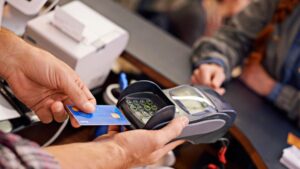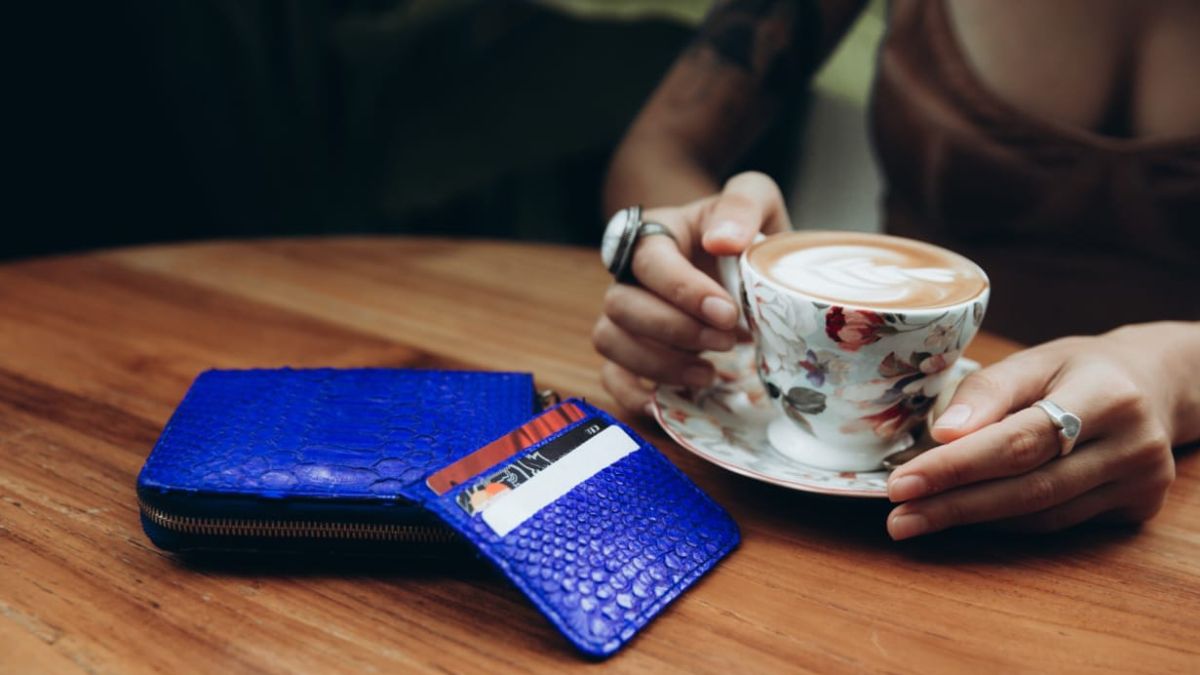With more of our personal information stored digitally, there’s growing concern about data privacy and security. RFID wallets have emerged as a popular solution, claiming to protect credit cards, IDs, and passports from unauthorized scanning. Many newer models even boast materials that are stronger than steel, ensuring durability as well as security. But how safe are RFID wallets, and are they truly effective against all forms of digital theft? Here, we’ll explore the functionality, safety, and real-world effectiveness of RFID wallets to help you decide if they’re worth the investment.
How Do RFID Wallets Work?
RFID-blocking wallets are designed to prevent unauthorized access to the RFID chips in your cards or passport. They typically contain layers of shielding material, such as aluminum or carbon fiber, which act as a Faraday cage. This cage effectively blocks electromagnetic fields, making it difficult or impossible for external scanners to access the chip’s data.
The goal of an RFID-blocking wallet is to reduce the risk of skimming by blocking the reader from communicating with the RFID chip. When your RFID-enabled items are inside a blocking wallet, they should, in theory, be shielded from unauthorized access.

Are RFID Wallets Safe?
Yes, RFID wallets are generally safe to use and are not harmful in any way. They do not emit any signals or radiation, nor do they interfere with your cards. Instead, they passively block signals from reaching your cards’ RFID chips. Here’s a breakdown of their benefits and limitations:
Benefits of RFID Wallets
- Added Layer of Protection: RFID wallets can provide peace of mind for those concerned about unauthorized data scanning. If you frequently travel through busy areas like airports, subways, or large events, the wallet can serve as a useful protective measure.
- Enhanced Privacy: Some people value the extra privacy that RFID-blocking wallets offer, even if the actual risk of RFID theft is low. For individuals who carry sensitive information, such as certain types of access cards or IDs, RFID wallets add an extra barrier.
- Easy to Use: RFID wallets don’t require batteries or any setup, making them easy to incorporate into daily life. They work passively, meaning you can simply store your cards as you would in a regular wallet.
- Stylish and Functional: Today’s RFID wallets come in a variety of designs, including slim, compact models that cater to different preferences. Many people find that they don’t have to sacrifice style or convenience to add this layer of security.
Who Might Benefit Most from an RFID Wallet?
RFID wallets are particularly appealing for individuals who travel frequently, especially in high-traffic international locations where there’s a higher chance of encountering people using RFID technology. Travelers who carry RFID-enabled passports or multiple contactless cards might appreciate the added layer of protection.
They can also be useful for professionals who carry security access cards or IDs with sensitive information. For others, the decision to use an RFID-blocking wallet often comes down to personal preference and peace of mind rather than a pressing security need.
Alternative Security Measures
If you’re concerned about the safety of your personal data but don’t want to purchase an RFID-blocking wallet, there are other security measures you can take:
- Use Physical Protection: Simply wrapping your cards in aluminum foil can act as a makeshift RFID shield. Though not as durable or stylish as a wallet, it does provide similar protection.
- Limit Exposure: Only carry RFID-enabled items when you need them. For example, if you don’t need all your credit cards every day, consider only carrying one card with you.
- Stay Aware of Your Surroundings: While RFID skimming is rare, it can happen. Be mindful in crowded places and avoid displaying RFID-enabled items unnecessarily.
- Digital Security Practices: Strengthen your overall digital security by using strong passwords, two-factor authentication, and secure networks. These steps protect you from a broader range of cyber threats than RFID wallets alone.
RFID wallets offer a safe, passive layer of protection against the rare risk of RFID skimming. For most people, the risk of RFID theft is low, thanks to the security features already embedded in many contactless cards and passports. However, if you prioritize privacy or frequently travel in crowded areas, an RFID wallet may offer peace of mind and be a worthwhile investment.
Ultimately, RFID wallets are safe to use, and they can be a valuable addition to your security measures if they align with your lifestyle and privacy needs. But they should be seen as a supplementary measure rather than a primary defense, especially given the many other forms of digital security available today.











